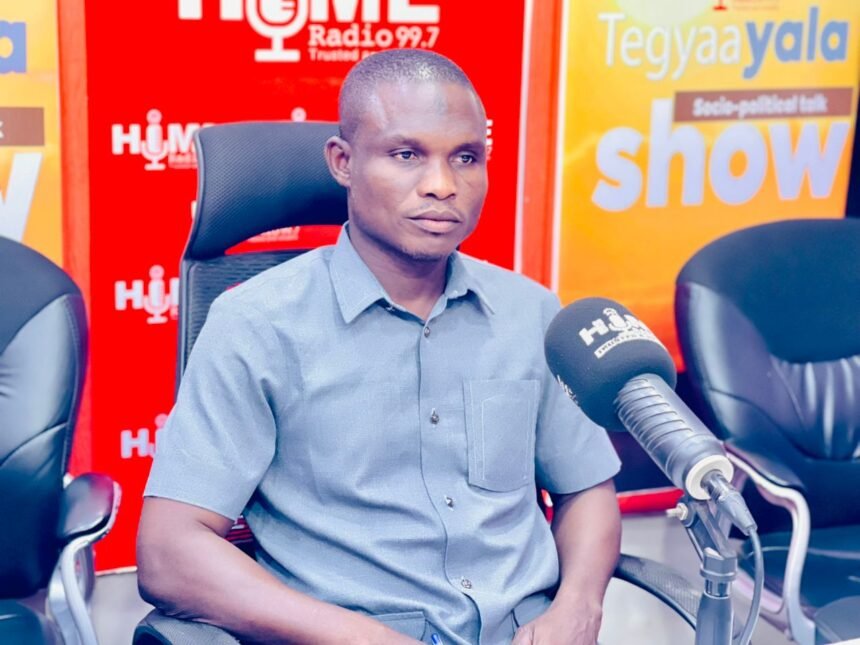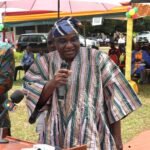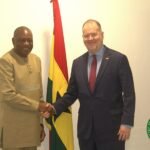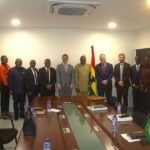A total of 49 communities in Ghana’s Wa East District remain without access to the national electricity grid. According to District Chief Executive Hon. Adamu Sayibu, the district is one of the most underserved in terms of electricity coverage in the Upper West Region.
The absence of electricity in these communities hampers development efforts, limits access to information and technology, and discourages investment. Residents have long called for access to electricity to improve education, enable small-scale businesses to thrive, and enhance healthcare delivery. The lack of electricity affects economic activities and access to essential services in the area.
Despite government efforts to expand electricity to rural areas, logistical and funding constraints continue to delay full coverage. Hon. Sayibu assured residents that the district assembly is actively engaging the Ministry of Energy to fast-track the extension of electricity to the affected communities. The government’s Rural Electrification Project has made some progress, but more work is needed to bridge the rural-urban development gap.
Some potential solutions for these communities include off-grid solar electricity, prepaid meters and pay-as-you-go systems, and renewable energy. These solutions can provide reliable and affordable energy, making it possible for residents to access essential services and improve their economic prospects.
Ghana has made significant progress in increasing electricity generation and access over the past decade. However, 3.5 million Ghanaians still lack access to electricity, with rural areas lagging behind urban areas. The National Electrification Scheme aims to achieve universal access to electricity, but the target has been postponed to 2025.







